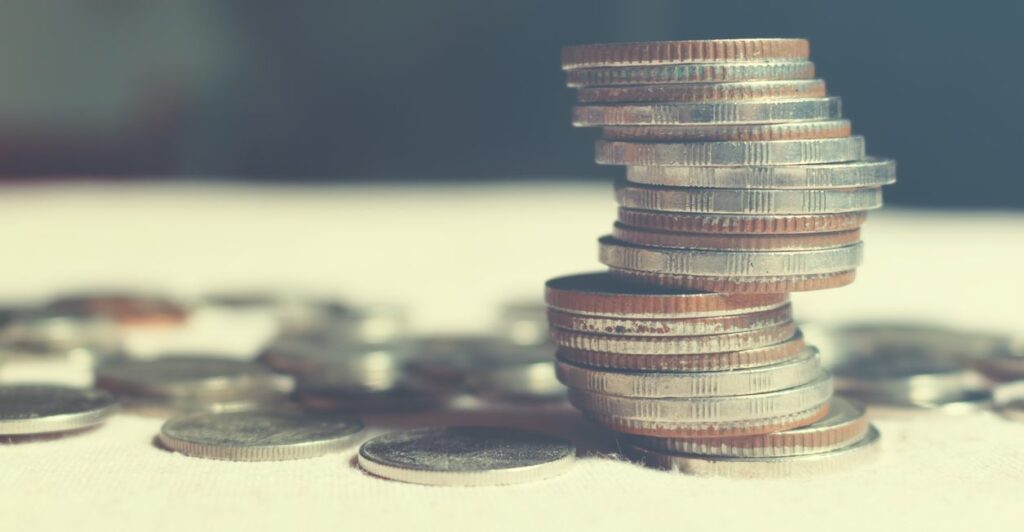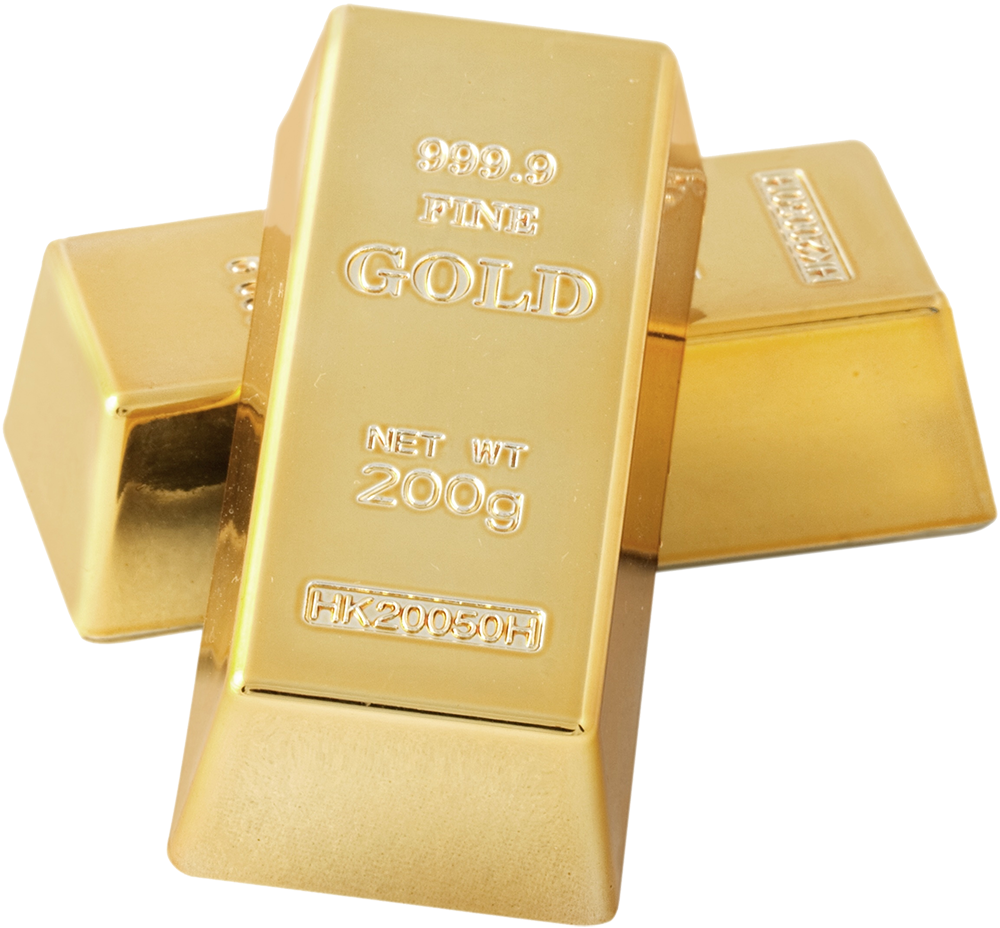Sometimes a quarter is worth more than 25 cents.
Every so often, a rare coin might find its way into the change you get at the gas station or grocery store. And with the right strategy, you might be able to sell those coins for a fairly hefty sum.
In this blog post, we’ll share tips you can use to preserve and sell your coin collection.
1. Don’t clean your coins
If you were going to sell your house or your car, you’d probably make sure they were clean before showing them to buyers.
The opposite is true when selling coins. Cleaning your collection can greatly reduce the coins’ value, and a trained coin dealer will be able to tell a coin that’s been cleaned. There are plenty of valuable dimes in circulation that show their age. That doesn’t make them less valuable.
Of course, some collectors do insist on keeping their coins clean. If you’re among them, we’d advise you to only clean the coins gently with liquid soap and warm tap water.
Never use materials such as metal polish, vinegar and baking soda or toothpaste, as these can damage your coins and reduce their value.
2. Take your time
Selling your coins should never be done out of desperation. Take your time and try to get some understanding of how the coin industry operates. The more knowledge you have of the world of numismatics – a fancy term for coin collecting – the better off you’ll be when it comes time for a sale.
3. The Official Red Book
Start your research into the coin world by picking up the latest copy of R.S. Yeoman’s “A Guidebook of United States Coins,” otherwise known as “The Official Red Book.” Check your coins against what you see in the book to get an idea of their value.
And there are plenty of unique coins to keep an eye out for. We discussed some of these rare pennies and valuable dimes in circulation in a previous blog post.
4. Learn how to handle your coins
If you have rare coins – or coins that you think might be rare – hold them by the edges, to prevent the oils and acids on your fingers from damaging the face of the coin.
5. Learn how to store your coins
To make sure your coins are stored properly, you’ll need to invest in the proper equipment, such as albums and coin holders. These should be kept in cool, dry places. Humidity and extreme heat or cold are the number one cause of coin damage.
6. Finding the right tools
Once you become more confident in your expertise, you may want to purchase some equipment that allows you to determine a coin’s authenticity on your own. These tools include digital scales, calipers, a stereo microscope and a natural daylight lamp.
7. Shop around
Once you’ve gotten a general idea of how much your coins might be worth, take your collection to a range of different dealers rather than just going with the first offer.
Most coin dealers are trustworthy, but you never know when you might get cheated. There are plenty of rare coins around – for example, the 1894 S Barber dime, one of the most valuable dimes in circulation – that might have found their way into your collection.
You might sell a coin like this to an untrustworthy dealer who then resells it for a lot more.
Are you getting ready to sell your coin collection? Have you come across an old coin and aren’t sure what it’s worth? Doylestown Gold Exchange can help.
We’re proud of the reputation we’ve built as a reliable appraiser and buyer of rare coins. Visit our store today to get a fair price for your coin collection.


